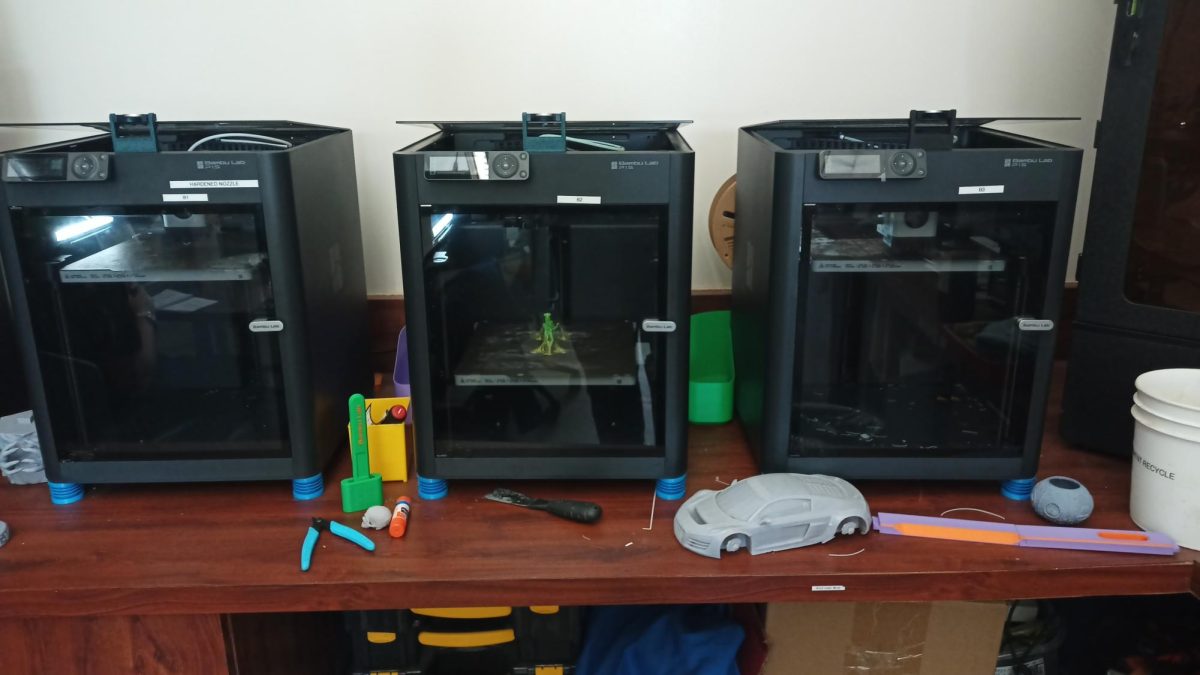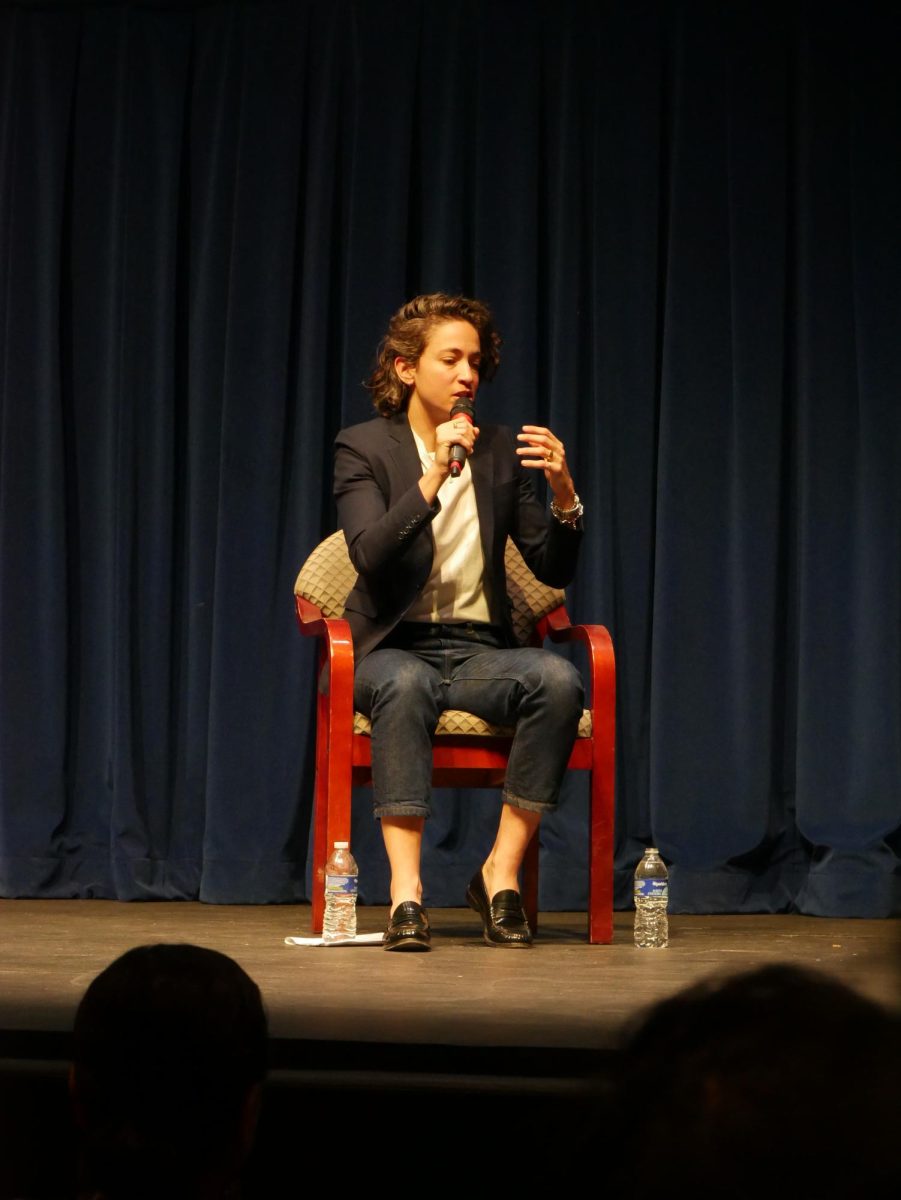By Elizabeth Cortez
Staff Writer

Octavio Solis reads a passage of John Steinbeck’s ‘The Grapes of Wrath’during CSUB’s celebration of the novel’s 75th anniversary.
On Sunday, Oct. 13, the California State University, Bakersfield School of Arts and Humanities hosted ONWARD, an event in which three artists delivered a live oral history celebrating the 75th anniversary of the publication of The Grapes of Wrath, Steinbeck’s 1939 novel, in the Dezember Reading Room.
Organized by the National Steinbeck Center, renowned playwright Octavio Solis, literary/community historian and visual artist Patricia Wakida, and veteran Hollywood and network television filmmaker/producer P.J. Palmer embarked in the epic journey the Joad’s family took along Route 66 through Oklahoma, Texas, New Mexico, and Arizona toward California to escape the horrors of the Great Depression.
“Growing up in Fresno, I know that there are not that many places in literature and in film that talk about people from the valley—We’re just not there that much, and if we do is just this tiny little thing where they are making fun of us,” said Wakida.
“I feel that it’s a combination of regional understanding of place, and that also there is fight—It’s not just a story, a happy story, it’s a story about the politics of unionizing and fighting back against the large corporations who are manipulating people for greed,” she said.
The celebration of Bakersfield’s cultural history drew the attention of a large audience. A group of high school teenagers attended the event that was recommended to them by their teacher because they are reading the novel for class. Indeed, the Dezember Reading Room was so packed with people that at least fifty persons had to stand in order to hear the oral stories.
Cheryl Scott, a mother of one of the high school kids said, “I’m excited about Steinbeck’s 75th anniversary of the publication of The Grapes of Wrath because I think it’s an important part of Kern County’s history, and I think it’s something that deserves to be celebrated.”

Curt Asher, CSUB Library Dean discusses photographs of the dustbowl on exhibit in the Dezember reading room.
“My family came shortly after the Dustbowl, so it’s interesting for me to look at the pictures and it is hard for me to imagine that that was how it was like,” Scott added.
The Grapes of Wrath has not always been celebrated and embraced by Bakersfield residents. Phillip Saldana, museum store and guest services manager at the National Steinbeck Center said, “I remember when the book was released, and a decade after the book was released there was book banning, there was book burnings of The Grapes of Wrath because of how poorly the people felt that they were portrayed.” Today, thanks to the novel, readers are aware of the migrant community.
Elizabeth Weldon-Smith, curator of education and public programs put together the program. Weldon-Smith said, “I think the thing that is really poignant and important about The Grapes of Wrath is that it spurred the national dialogue.”








